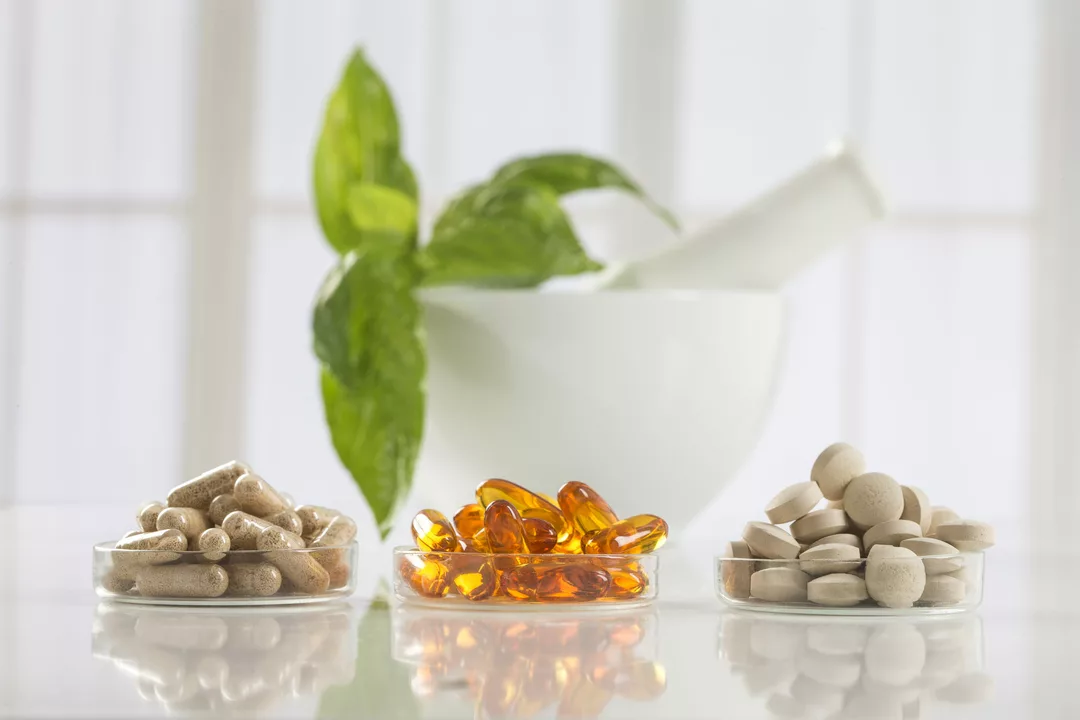Alpinia (Galangal): What It Is and Why People Use It
Alpinia — often called galangal — is a ginger-like root used in cooking and herbal remedies. It tastes peppery, a bit citrusy, and shows up a lot in Asian kitchens. People use Alpinia fresh in food, dried as a powder, or as standardized extracts and essential oils. If you’re curious about trying it as a supplement or adding it to meals, this page gives straightforward, practical advice you can use today.
Common uses and practical ways to take Alpinia
Cook with fresh Alpinia like you would ginger: slice or grate it into curries, soups, and stir-fries. For a quick home remedy, steep sliced root in hot water for a simple tea. Supplements come in capsules, powders, or extracts — powders mix into smoothies and capsules are easiest for travel. Essential oil is mainly for aromatherapy and should never be swallowed undiluted.
Start small. If you’re new to Alpinia, add a little to a meal or try a single capsule and watch how you feel. Follow the product label for dose instructions. If a product doesn’t list a dose, choose a different brand with clear labeling.
Safety, side effects, and choosing quality
Most people tolerate culinary amounts of Alpinia fine. In concentrated supplement form you might notice mild stomach upset or heartburn. Stop use and see a healthcare provider if you get a rash, wheezing, or other allergic signs. Avoid taking Alpinia supplements if you’re pregnant or breastfeeding unless your doctor says it’s okay — there’s not enough reliable data yet.
Watch for drug interactions. If you take blood thinners, diabetes drugs, or strong prescription medicines, check with your clinician before adding Alpinia. Herbal extracts can affect how some medicines work.
To pick a quality product, look for a clear ingredient list, a standardized extract (if you want consistent strength), and third-party testing or a GMP statement on the label. Avoid products with vague terms like “proprietary blend” that don’t list amounts. Fresh root should be firm and fragrant; dried powder should smell fresh, not musty.
Storage is simple: keep fresh root in the fridge wrapped in paper to avoid moisture, and store dried powder or capsules in a cool, dark place. Check expiration dates — herbal potency drops over time.
If you want help picking a form or brand, ask a pharmacist or a healthcare provider who knows herbs. They can suggest a safe starting dose based on your current medicines and health history. Trying Alpinia in food first gives you a low-risk way to test how you respond, and from there you can decide if a supplement makes sense.
Want more practical guides on supplements and medicine? Browse our articles on similar natural options, safe dosing, and how supplements can fit with prescription treatments. If you’re ever unsure, your healthcare team is the best place to get tailored advice.

 May, 19 2023
May, 19 2023